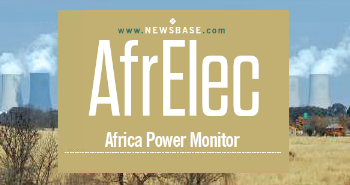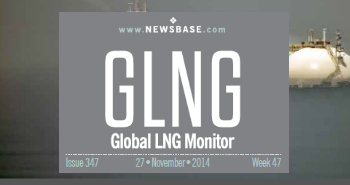African energy ministers convene to explore financing strategies at Invest in African Energy 2025 forum

African energy ministers are meeting at the Invest in African Energy (IAE) 2025 conference focused on unlocking finance for energy projects across the continent. The IAE 2025 is taking place in Paris on May 13-14. The event is organised by Energy Capital & Power (ECP), an Africa-focused energy sector investment platform, and aims to connect African energy markets with global investors.
According to ECP’s press release on May 13, energy ministers from Nigeria, Guinea-Bissau, the Democratic Republic of Congo (DRC) and Zimbabwe will convene at the forum to explore financing strategies and partnerships to advance Africa’s next wave of oil and gas development.
A high-level ministerial panel would examine the capital requirements and strategic partnerships needed to bring Africa’s next generation of energy projects online, ECP said.
Amid shifting global energy dynamics and growing pressure to achieve net-zero targets, the session titled “Africa on the Global Energy Stage: Financing the Next Generation of Energy Projects” will examine how African countries manage complex investment environments to advance sustainable hydrocarbon development.
Members of the panel will include Ekperikpe Ekpo, Minister of State for Petroleum Resources (Gas) of Nigeria; Malam Sambu, Minister of Energy of Guinea-Bissau; Wivine Moleka, Deputy Minister of Hydrocarbons of the DRC; and July Moyo, Minister of Energy & Power Development of Zimbabwe. The discussions will be moderated by NJ Ayuk, Executive Chairman of the African Energy Chamber (AEC).
Nigeria is seeking to reposition itself as a global energy hub. The West African country holds the largest natural gas reserves on the continent and is actively advancing its “Decade of Gas” agenda under a reform-focused administration. Nigeria’s gas sector has already attracted significant capital commitment from international energy supermajors like Shell (UK), Chevron (US) and TotalEnergies (France). The government is prioritising infrastructure development, market liberalisation and targeted policy incentives for the smooth rollout of new liquefied natural gas (LNG), floating LNG (FLNG) and mini-LNG projects.
Guinea-Bissau, one of Africa’s least developed hydrocarbon markets, is advancing its energy sector development with new exploration efforts and institutional reforms to support future growth. In September last year, Guinea-Bissau spudded its deepwater exploration well near Senegal’s Sangomar field.
The DRC is intensifying exploration of its underexplored basins through strategic licensing and international partnerships, aiming to boost activity while balancing environmental concerns with its development goals.
Meanwhile, Zimbabwe is focusing on energy diversification and regional power security by expanding generation capacity and encouraging investment via independent power producers (IPPs) and infrastructure partnerships. With ongoing energy shortages in Southern Africa, Zimbabwe is establishing itself as a key contributor to the region’s energy solutions.
“Together, Africa’s leading energy ministers will engage in a forward-looking dialogue on innovative partnership models, policy frameworks and the capital flows needed to ensure Africa’s energy projects not only get off the ground, but also deliver long-term value for both investors and local economies,” the organisers said.




Follow us online